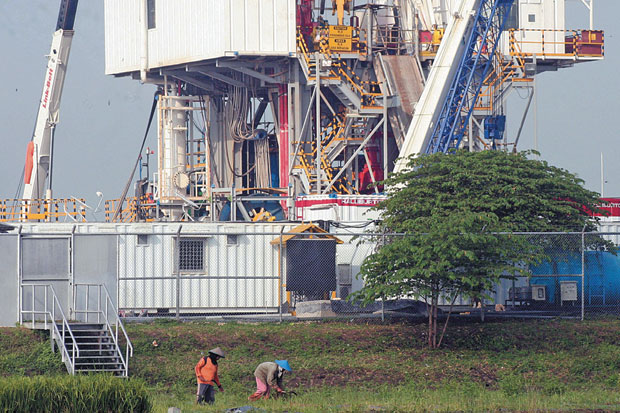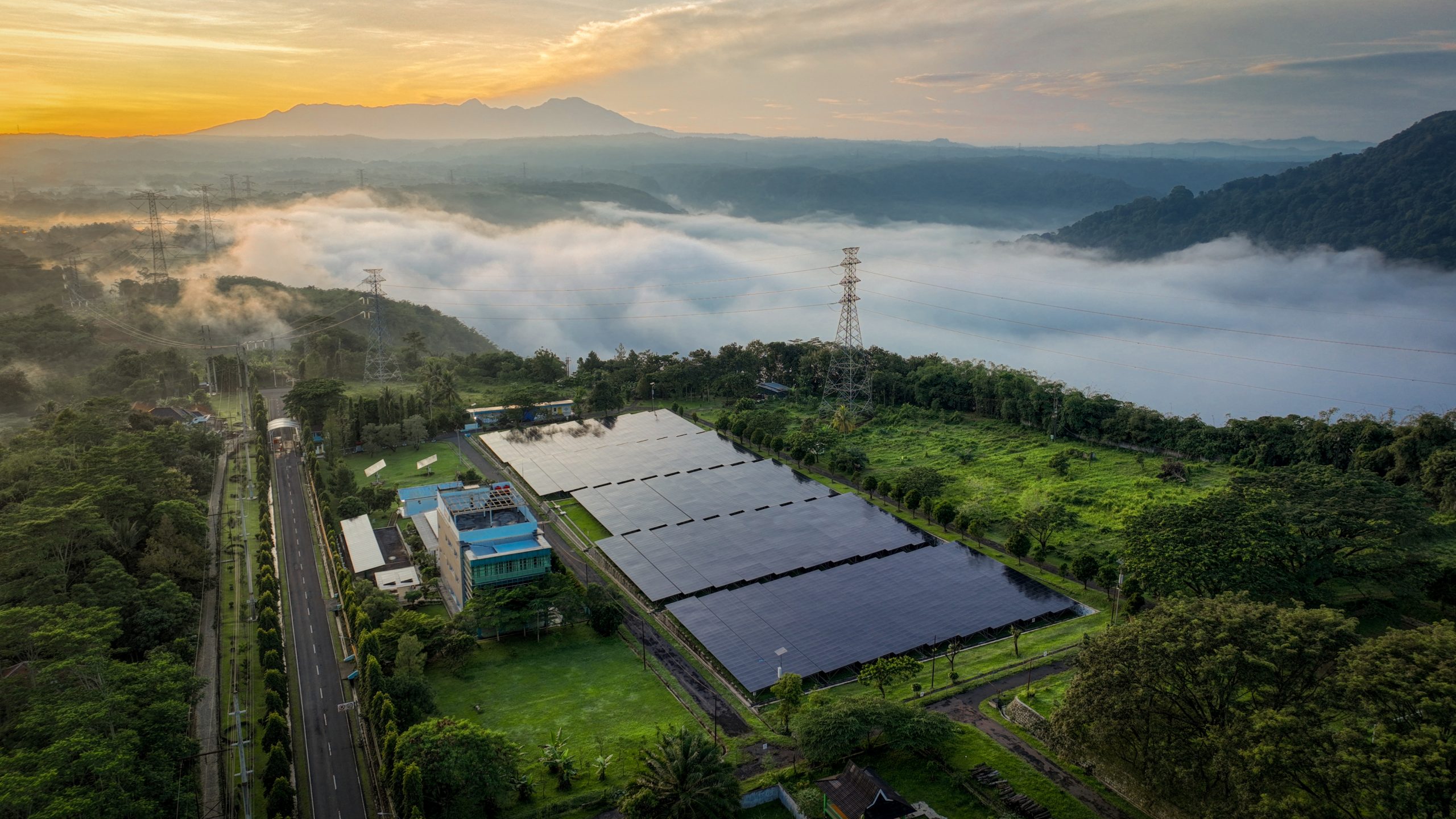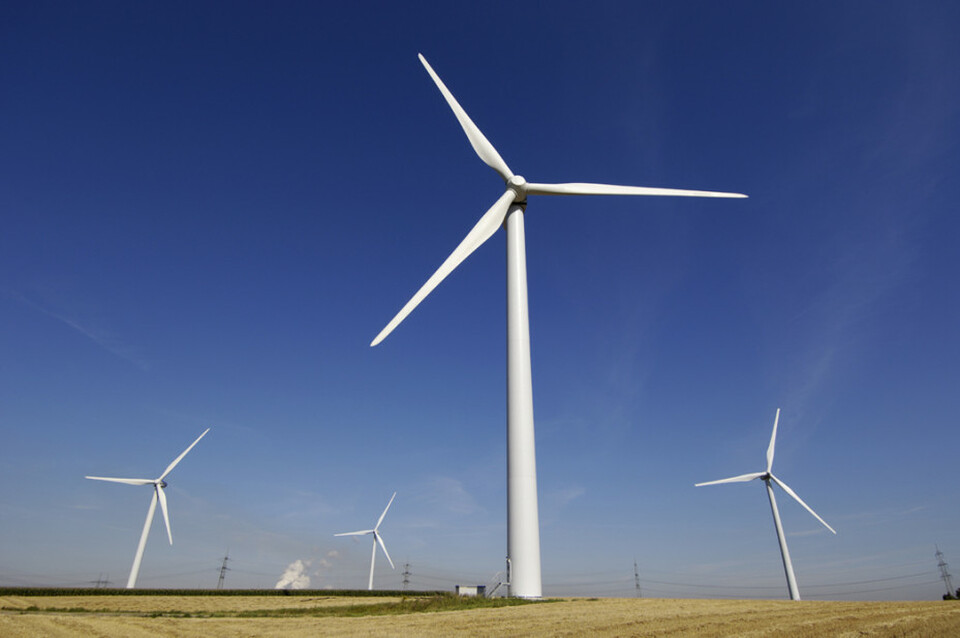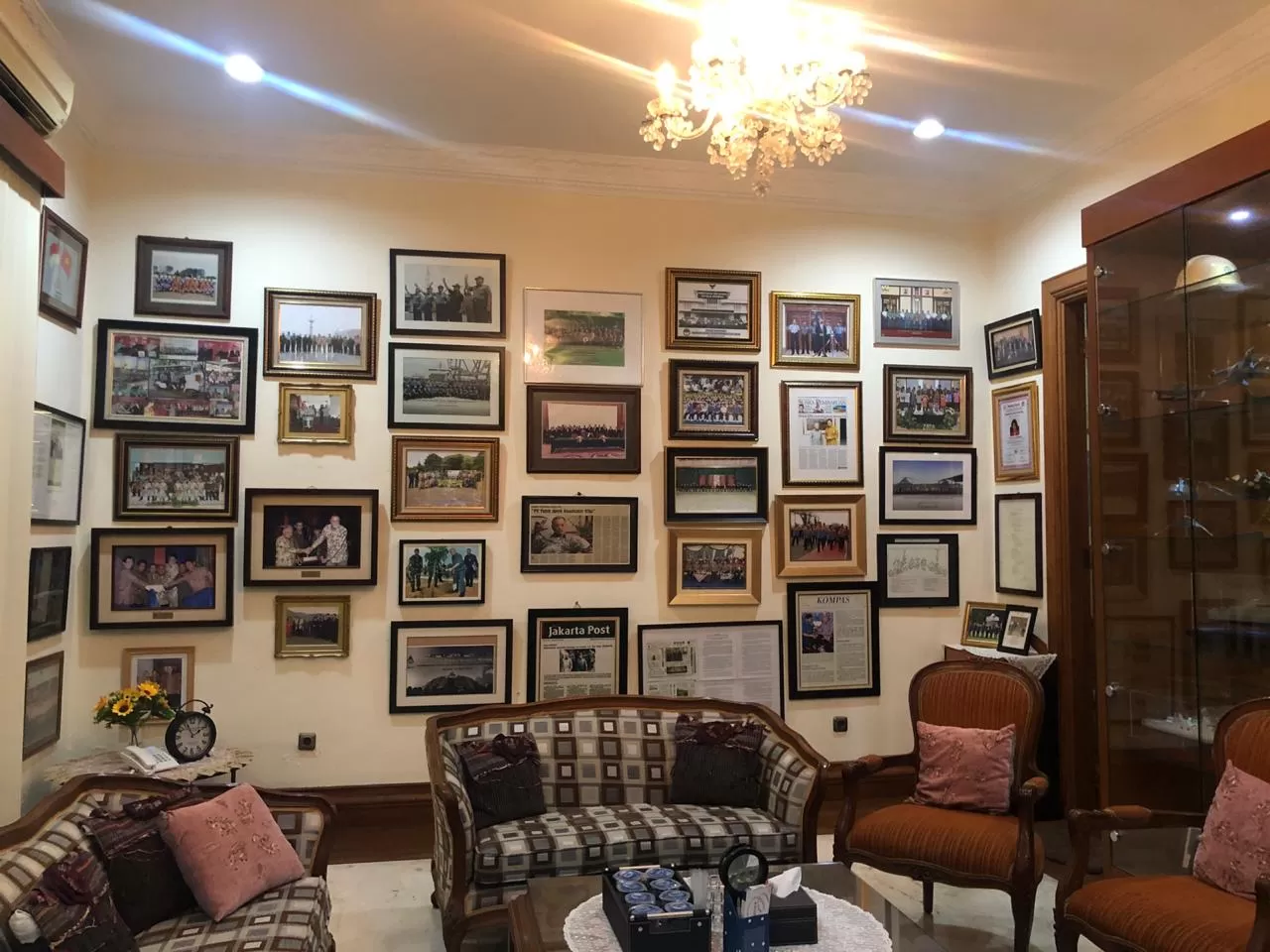Figure 1. Participants of the Socratime Special Edition 2019 at Universitas Katolik Parahyangan
A researcher from Purnomo Yusgiantoro Center (PYC), Akhmad Hanan, was invited as one of the speakers for Socratime Special Edition 2019 “Dirty Clean Energy: The Prospect of Indonesia’s Crude Palm Oil Export Market amidst EU’s Renewable Energy Directives II”. The event aimed to discuss the Renewable Energy Directives (RED) II policy impacts on the Indonesia palm oil industry. This was held by the International Relation Students Union (HMPSIHI) of Universitas Katolik Parahyangan (UNPAR) and was attended by international relation students of UNPAR.
Andika Putraditama, Sustainable Commodities and Business Manager at World Resources Institute (WRI) Indonesia, was the first speaker of the seminar. Mr. Andika Putraditama started his presentation by briefly explaining about WRI and its works on some critical issues, such as energy, ocean or climate. Afterward, crude palm oil (CPO) and its derivative products (cosmetics, personal care, foods) were discussed, including its supply chain from the growers to the consumer goods companies. India is the first highest consumer of palm oil in the world, followed by China, EU and Indonesia, respectively. Despite the palm oil industry impacts on the environment, palm oil is still the most effective crop to produce oil as it needs less soil area and could generate a higher result compared to the other crops. He also introduced POTICO concept which is to utilize the degraded land for planting. However, this idea comes with a drawback that there might be an indirect land use change (ILUC) problem. He wrapped up his session by briefly highlighting the difference between Roundtable Sustainable Palm Oil (RSPO) and Indonesia Sustainable Palm Oil (ISPO) certification, in which RSPO is voluntary while ISPO is mandatory.
The second speaker, Akhmad Hanan as a representative from Purnomo Yusgiantoro Center, explained the condition of the palm oil industry in Indonesia as the biggest producer of palm oil in the world. He briefly mentioned the law (Permentan No. 11/ot. 140/3 Thn. 2015) that is used for the palm oil industry and sustainable certification (ISPO) in Indonesia. He also presented the trade balance of Indonesia showing that CPO was the second highest exported commodity (USD 20.54 B) after coal in 2018. In 2018, the export of CPO and its derivatives increased by 8% (32,18 million tons) from 2017 to 34.71 million tons. He also mentioned that the RED II policy might cause millions of people working in the palm oil industry in Indonesia to lose their jobs and lower the national income.
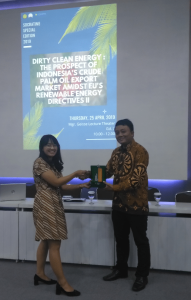
Figure 2. A token of appreciation given by the UNPAR representative to Mr. Akhmad Hanan from PYC
The last speaker, Rosmawati Siregar, a junior diplomat at the Ministry of Foreign Affairs, shed light on the RED II policy from the EU’s perspectives. She highlighted health and nutrition, social, negative campaign and environmental sustainability issues related to the palm oil trade. For example, the European Food Safety Agency (EFSA) mentioned that palm oil is carcinogenic. She also discussed the use of “no palm oil” labeling campaign which does not necessarily mean that the products with this label attached would be healthier and safer than the products using palm oil. RED II does not necessarily ratify the import ban on palm oil. From Indonesia’s perspective, some of the EU’s policies and formulations need more justification. For example, the reason why ILUC is still used as the criteria for the sustainability aspects of palm oil production while there are other metrics as well. Moreover, ILUC is not internationally recognized and the evaluation might be different according to the model. She also provided interesting insights on how this RED II affects the diplomacy between Indonesia and the other countries on the bilateral and regional level. For example, on the regional level, ASEAN – EU strategic partnership was currently postponed. Currently, Indonesia is giving its best through various efforts, such as negotiation and diplomacy to mitigate the potential impacts of the RE II policy while improving the ISPO quality at the same time to improve its acceptance at the international level.
In the end, there was a brief discussion among the speakers and participants on the horizontal conflicts, transparency and biodiversity (e.g., orangutan) issues concerning palm oil industry expansion.
